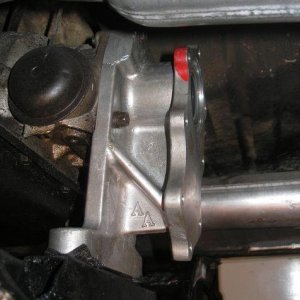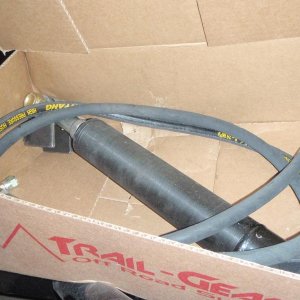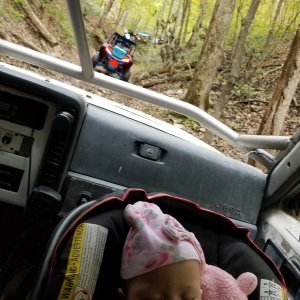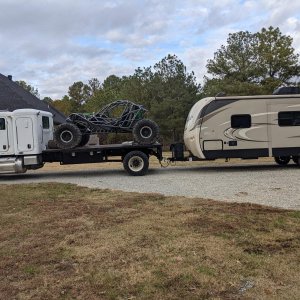Travel Information from U.S. Customs & Border Protection
More details are available in the "Traveler Information" section of the official U.S. Customs web site. The "Visiting the US" and the "FAQ" links are a good place to start.
Standard questions you might be asked by a border guard include: "Where are you from?", "Where are you going?", "How long will you be in Canada?" (sound like you know for how long, even if your plans are flexible, and ensure the intended length of your stay is within the legal limit), "What is the purpose of your trip?", and "Are you bringing anything with you that you intend to leave behind?"
Driving across the border
Border officials are on the lookout for stolen cars, or people attempting to avoid paying duties on bought cars. So you will want to be carrying documentation to show you are not perpetrating such scenarios.
Driving a rental car across the US-Canadian border is usually not a problem, so long as you have made this arrangement with the car rental company. Make sure you have a copy of the rental agreement with you, and that is states you have permission to take the vehicle across the border.
If you are driving a private car which isn't registered in the name of someone going on the trip, bring written proof that you have the permission of the owner to take the car into the other country.
Going through U.S. Customs
Visitors who are at least 21 years of age may bring the following into the USA: 200 cigarettes or 50 cigars or 2 kilograms (4.4 lbs.) of tobacco; 1 liter of alcohol; gifts to the value of $100. Different restrictions will apply to returning US residents and citizens.
Going through Canadian Customs
Visitors may bring the following into Canada: 200 cigarettes (= 1 carton), 50 cigars, and 14 ounces of tobacco; 1.1 liters or 40 imperial ounces (= 1 bottle) of liquor or wine, or 24 x 355-milliliter (12-ounce) bottles or cans of beer for personal consumption; gifts up to the value of C$60 per gift. To import tobacco products a person must be 18 years of age or over, and to import alcoholic beverages the importer must have reached the legal age established by authorities of the province. You can bring in a small amount of food for your own consumption.









